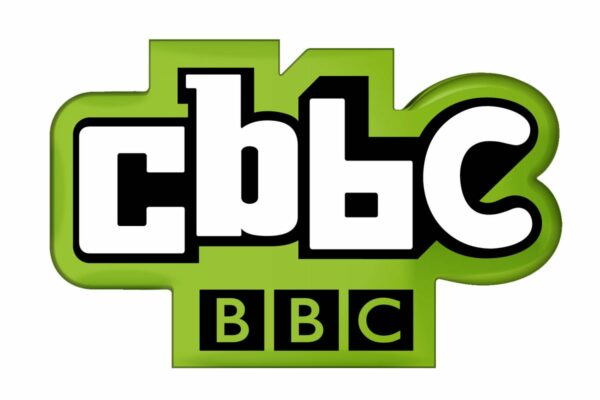Why the BBC should think again before moving CBBC online
By kaiscotney

There is an episode of The Story of Tracy Beaker in which the children of the ‘Dumping Ground’ care home squabble for control of the TV remote (or ‘channel changer’ as they call it). Two sides form, Tracy on one, her rival Justine on the other. Both recruit boys to fight their corner, and a comically mismatched wrestling contest is set up. A brief show of machismo in the ring, but it all falls flat as neither child fancies risking injury.
The staff then turn up and, appalled by the spectacle, award the remote to Tracy – not realising she was behind the whole thing. The final shot shows our antihero darting away smugly, channel changer in hand, to the fury of her housemates.
But kids no longer care about what’s on the box. That is the bet BBC Director-General Tim Davie made in announcing plans to move CBBC online in three years. For my generation, who grew up with the channel, the announcement came as a shock. It seems a terrible mistake. CBBC helped raise us.
We started schooldays with Arthur and came home to MI High and the Sarah Jane Adventures. We learnt about the world through Newsround, and the past through Horrible Histories. How hard could it be, we wondered, to dodge the swinging swords and beat ‘the way of the warrior’ on Raven? And we grinned with sadistic delight as, with the crank of a lever, adults were plunged into luminous gunk on Get Your Own Back. And it wasn’t that long ago. Or at least it doesn’t feel like it.

If it sounds like my opinion is informed by nostalgia that’s because it is. But I’m not naïve. I have a thirteen-year-old brother and I’m well aware that the way he watches TV is different to how I did when I was his age. There are still many good reasons to keep the CBBC channel running and provide programming on Freeview for all children. Fortunately, CBeebies is not planned to be scrapped.
For one, not everyone has fast broadband. That was why CBBC aired educational material during the first lockdown. Also, not every parent is happy with their children spending all their downtime online. Traditional broadcasting has different values to streaming. Rather than encouraging its user to mindlessly binge similar ‘content’, scheduled programming is curated for the sake of variety and routine. It treats children like people worthy of being informed, educated, and entertained, instead of consumers.
This isn’t to say that the BBC shouldn’t invest in online services. Merely, that it’s a mistake to withdraw from the airwaves. People in broadcasting ought to have learnt this when BBC Three was moved online in 2016, only to be brought back to Freeview six years later.
When Tim Davie talks about competing with Netflix and Disney+, as he did in the announcement, he plays far too easily into the hands of those who want to see the organisation gutted further. Netflix runs its business at a financial loss and Disney is a monstrous media conglomerate like no other. The BBC will never be like them and nor should it.
The argument that the organisation is fusty and outdated doesn’t stand up to scrutiny, anyway. We all have BBC apps on our phones. And iPlayer was launched the same year that Netflix began its own transition away from mailing out DVDs.
The decision to axe the CBBC channel is as much a response to financial pressure as to changing times. The two-year freeze to the license fee constitutes a real terms cut to funding. The BBC is faced with reducing its output and making redundancies. The government has made its hostility to public broadcasting clear. Just as they plan to privatise Channel 4, they’re also seeking an end to the license fee.
I don’t know what their idea of an empowered, post-Brexit Britain looks like exactly, but it seems to mean weakening our famous cultural institutions. It means rolling over to our American cousins at Netflix and Disney who apparently do it so much better.
But there are those of us who believe there are some things in this country worth conserving. Universally accessible, ad-free kids’ telly is one of them. It’s something only a license-fee funded public broadcaster could offer. In its existential fight to survive, the BBC would do well to remember this.
And so, they should think again before taking the CBBC channel off air. After all, as bunting goes up for the Jubilee Weekend, there’s nothing, for me, that inspires as much national pride as reminiscing about how the defining show of my generation wasn’t one about people to whom a life of pomp and pageantry is familiar. It was about a group of kids living in care. We were with Tracy Beaker and the rest of the ‘Dumping Ground’ every step of the way, through each dream thwarted and every childish scheme.







